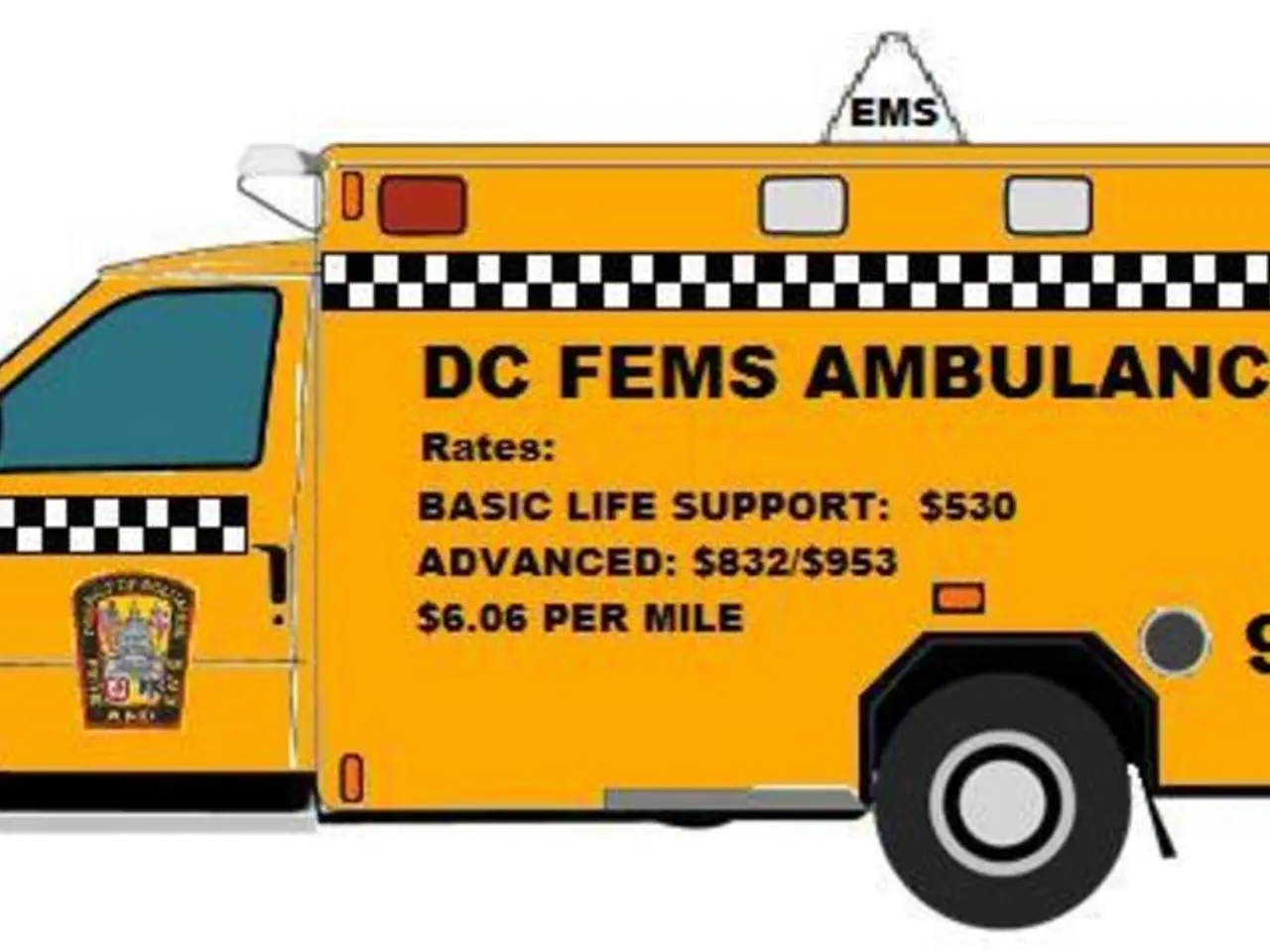CPR Training Implemented as a Requirement in NRW Schools (Mandatory CPR Training in NRW Schools) - Implementation of Mandatory School Renewal in NRW Educational Institutions
In a significant move towards preparing young people for medical emergencies, North Rhine-Westphalia (NRW) has announced that Compulsory CPR (Cardiopulmonary Resuscitation) training will be implemented in secondary schools, starting from the 2026/27 academic year. This decision, supported by various organisations including the ADAC Foundation, the Björn Steiger Foundation, the German Heart Foundation, and several medical associations and university clinics, aims to reduce hesitation and increase the willingness to act in critical situations.
Across the globe, several countries have implemented similar initiatives, with promising results. For instance, Pakistan, through the Pakistan Life Savers Program (PLSP), has embedded CPR training in its school curricula nationwide, training over 425,000 people, including students and teachers. This comprehensive approach, which includes High-Performance CPR (HP-CPR) and Telephone-CPR with local EMS, has shown system-level improvements and has even been successfully adapted in Nepal.
Australia, although not all states have full mandates, demonstrates high levels of CPR training, with reports suggesting that mandatory education in schools is linked to an increased number of CPR-trained individuals in the population. China, too, is focusing on popularising CPR knowledge among students as a strategic group to spread awareness and improve bystander CPR rates, as part of its Healthy China Initiative (2019–2030).
Other countries such as Norway, Denmark, and France also have national mandates or strong recommendations for CPR training in schools, with reports indicating improved bystander CPR rates and survival outcomes.
The impact of these initiatives is significant. Increased CPR training correlates with higher bystander CPR rates, a critical factor for survival in out-of-hospital cardiac arrests. Comprehensive programs with policy support and integration into EMS systems, like Pakistan’s PLSP, enhance coordinated response efforts, potentially improving survival odds by ensuring lay responders and professionals act effectively together.
Dr. Hugo Van Aken, a prominent figure from Münster, emphasises the importance of CPR training in schools to prepare young people for medical emergencies. He highlights that in many cases of sudden cardiac arrest, emergency services arrive too late, but there is often another person present who could help. The hesitation to act is a significant problem, according to Van Aken, and this decision will help overcome this issue.
Each school in NRW will be equipped with ten practice dummies for CPR training, and the life-saving sequence "Check - Call - Compress" will be taught during the CPR training. The lesson is planned to be 90 minutes long and will be taught to students in grades 7 to 9.
NRW's Minister President Hendrik Wüst (CDU) described the decision as an important step in preparing young people for medical emergencies, stating that it could potentially save 7,000 to 14,000 lives nationwide. Bernd Böttiger, chairman of the German Resuscitation Council, echoed this sentiment, emphasising that this decision will help save many lives.
In summary, mandating CPR training in secondary schools has proven effective in increasing CPR awareness, training rates, and willingness to act, which are critical for improving survival from cardiac arrest. Comprehensive strategies combining training, legislation, EMS integration, and public awareness campaigns amplify this effect. Pakistan’s PLSP serves as a notable current example of large-scale, policy-backed implementation with measurable impact.
In adherence to this global trend, it's proposed that the integration of science-based health-and-wellness programs, such as vocational training in therapies-and-treatments, could be beneficial for enhancing students' overall preparedness. This could include training in first aid, fitness-and-exercise techniques, and even mental health support methods, fostering a well-rounded community policy of self-care and helping others.
Moreover, as the implementation of Compulsory CPR training in secondary schools yields promising outcomes, it may be advantageous to consider vocational training in various healthcare fields, such as nursing or paramedics, as part of the curriculum. This might provide students with vocational training in vocational training, thereby equipping them with essential skills and fostering a generation capable of responding effectively in medical emergencies.




